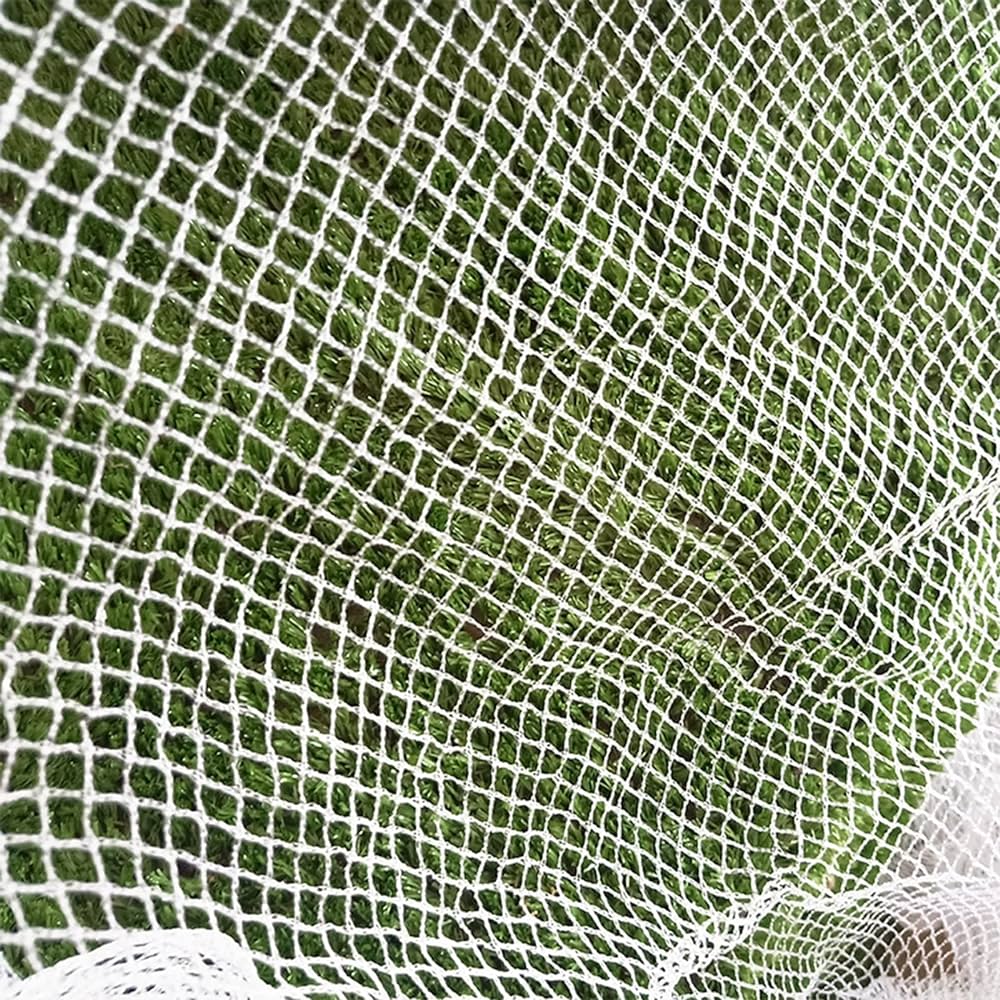
Elevating Your Garden Game: The Power of Netting
Introduction: Gardening is a delightful pursuit, offering solace and satisfaction as we nurture the growth of plants and reap the rewards of our labor. However, amidst the beauty of blooming flowers and flourishing crops, challenges abound. Pests, unpredictable weather, and other environmental factors can threaten the health and productivity of our gardens. Fortunately, garden netting emerges as a versatile and effective solution to combat these challenges. In this article, we’ll explore the myriad benefits of using netting in your garden and how it can help you cultivate a thriving oasis of greenery.
1. Protection Against Pests: One of the most significant advantages of garden netting is its ability to keep pests at bay. Insects, birds, and small animals can wreak havoc on plants, devouring leaves, fruits, and vegetables. By installing netting over garden beds or individual plants, gardeners can create a physical barrier that prevents pests from accessing their prized crops. This simple yet effective measure can significantly reduce pest damage and ensure a healthier, more abundant harvest.
2. Bird Control: Birds, while delightful to watch, can pose a threat to garden crops, particularly when fruits and vegetables are ripe for picking. Garden netting serves as a deterrent, creating a barrier that prevents birds from reaching and damaging crops. The fine mesh of the netting allows sunlight and water to penetrate while keeping birds at bay, preserving the integrity of the harvest. With netting strategically deployed, gardeners can enjoy the presence of birds in their garden without sacrificing their hard-earned produce.
3. Protection from Harsh Weather: Garden netting provides valuable protection against adverse weather conditions such as intense sunlight, strong winds, heavy rain, and hailstorms. During periods of extreme heat, netting offers shade, reducing the risk of sunburn and heat stress on plants. In regions prone to hailstorms, netting can prevent damage to delicate foliage and fruits, preserving the health and appearance of the garden. By shielding plants from the elements, netting helps maintain optimal growing conditions and ensures a more resilient garden ecosystem.
4. Support for Climbing Plants: Many garden plants, including beans, peas, cucumbers, and tomatoes, benefit from vertical support as they grow. Garden netting offers an excellent solution for training climbing plants, providing a sturdy framework for vines to climb. By installing netting trellises or frames, gardeners can maximize space in their garden beds and improve air circulation around plants. This promotes healthier growth and facilitates easier harvesting of fruits and vegetables.
5. Disease Prevention: Plant diseases can spread rapidly in garden environments, posing a significant threat to plant health and productivity. Garden netting acts as a barrier, reducing contact between plants and inhibiting the transmission of pathogens. By minimizing the risk of infection, netting helps maintain plant health and reduces the need for chemical interventions. This proactive approach to disease prevention contributes to the overall resilience of the garden ecosystem.
Conclusion: In conclusion, Netting For Garden is a versatile and invaluable tool for gardeners seeking to protect their plants and optimize their yields. From pest control to weather protection and disease prevention, the benefits of using netting in the garden are numerous. By incorporating netting into their gardening practices, gardeners can create healthier, more resilient garden spaces and enjoy a bountiful harvest season after season.